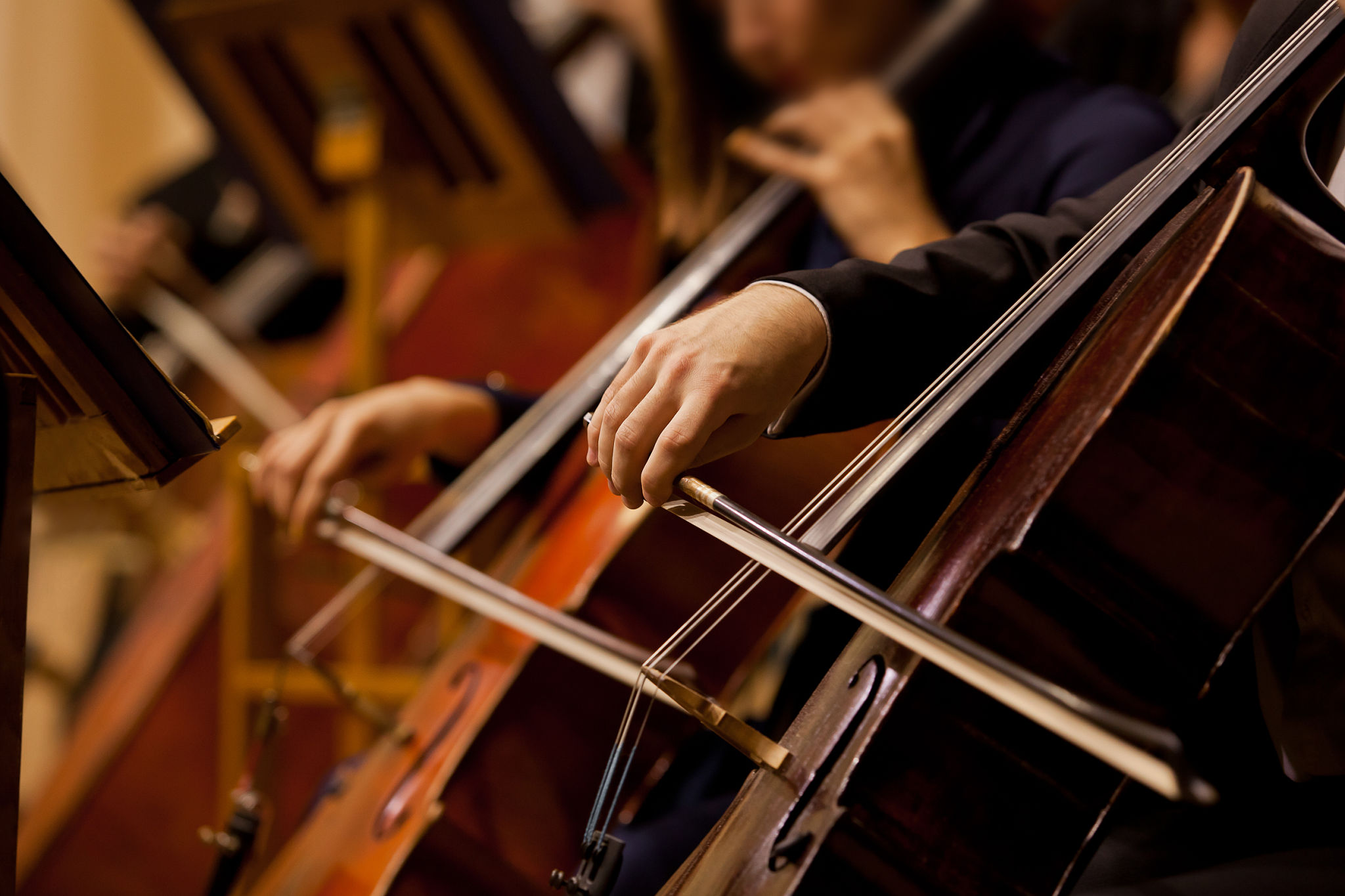The Role of Music in Enhancing Church Services
The Power of Music in Church Services
Music has long been a cornerstone of religious gatherings, serving as a bridge between the divine and the congregation. It is more than just an accompaniment to worship; it is a powerful tool that can transform the atmosphere and deepen the spiritual experience. Whether through hymns, contemporary worship songs, or instrumental pieces, music plays a vital role in church services.
Music can evoke emotions and create a sense of unity among worshippers. It has the unique ability to transcend language barriers and cultural differences, bringing people together in a shared experience of worship. The melodies and harmonies can uplift the spirit, offering comfort and inspiration to those in attendance.

Enhancing Worship Through Emotion
One of the primary roles of music in church services is to enhance the emotional aspect of worship. Music can express a range of emotions, from joy and celebration to reflection and sorrow. This emotional expression can help worshippers connect more deeply with the message being conveyed, making the service more impactful.
For instance, a joyful hymn can set a celebratory tone, inviting the congregation to join in praise and thanksgiving. Conversely, a solemn piece can encourage introspection and contemplation, allowing individuals to reflect on their personal faith journey. By tapping into these emotions, music helps to create a more immersive and meaningful worship experience.
Facilitating Participation and Engagement
Another important role of music in church services is to facilitate participation and engagement. Congregational singing is a powerful way to involve everyone in the service, fostering a sense of community and belonging. When people sing together, they are actively participating in worship, rather than just being passive observers.

Music also serves as a cue for different parts of the service, signaling transitions and helping to maintain the flow. For example, a prelude might signal the beginning of the service, while a postlude indicates its conclusion. Hymns and songs can be strategically placed throughout the service to reinforce the message of the sermon or to provide a moment of reflection.
Music as a Tool for Teaching and Memory
Music is a powerful tool for teaching and memory. Many people find it easier to remember information when it is set to music. This is why hymns and worship songs often contain theological truths and scriptural references. By singing these songs, congregants are not only engaging in worship but also reinforcing their understanding of faith.
Furthermore, music can help to instill these teachings in the minds and hearts of the congregation. The repetition of familiar songs can aid in memorization, allowing worshippers to recall important messages long after the service has ended. This makes music an invaluable resource for spiritual growth and education.

The Role of Musicians and Choirs
Musicians and choirs play a crucial role in bringing music to life during church services. They are not only performers but also facilitators of worship, guiding the congregation through the musical elements of the service. Their skill and dedication can greatly enhance the overall experience, making the music more engaging and impactful.
Choirs, in particular, can add depth and richness to the music. Their harmonies and vocal arrangements can elevate a simple hymn into a powerful expression of faith. Additionally, musicians and choirs often collaborate with church leaders to select music that complements the theme of the service, ensuring that it resonates with the congregation.
Conclusion: The Lasting Impact of Music in Worship
In conclusion, music is an integral part of church services that can enhance the worship experience in numerous ways. From evoking emotions and facilitating participation to teaching and memory, music plays a multifaceted role in connecting worshippers with the divine. The contributions of musicians and choirs further enrich this experience, making music an essential element of spiritual gatherings.
As churches continue to evolve and adapt, the role of music remains constant. It is a timeless and universal language that will continue to inspire and unite believers around the world. By embracing the power of music, churches can create meaningful and transformative worship experiences for all who attend.